Music to help you sleep: sweet dreams are made of this.
One of the 20th Century's most iconic rock songs came to Keith Richards in a dream. The Rolling Stones guitarist woke up to find he had recorded the opening riff of "(I Can't Get No) Satisfaction" – albeit in embryonic form - on a cassette player by his bed.
Richards kept the tape deck next to him at night to capture ideas that came to him as he slumbered.
"I go to bed as usual with my guitar, and I wake up the next morning, and I see that the tape is run to the very end," he told NPR Music.
"And I think, 'Well, I didn't do anything. Maybe I hit a button when I was asleep.' So I put it back to the beginning and pushed play, and there, in some sort of ghostly version, is [the opening line to 'Satisfaction']."
That wasn't all he recorded.
"After that, there's 40 minutes of me snoring. But there's the song in its embryo, and I dreamt the damned thing."
Sleep can spark creativity.
It's no secret that rapid eye movement (REM) sleep - the phase in which our dreams are the most vivid, complex and bizarre – can spark creativity. And no wonder, perhaps, that such creativity can involve music, with its power to tap and express our innermost states and feelings.
Music's ability to stimulate different parts of the brain makes it a powerful tool in helping the mind and body wind down and prepare for sleep. Just as it can animate and thrill, it can also calm and comfort. The right kind of music can help lower your heart rate, slow your breathing, quieten your nervous system and trigger the release of sleep-friendly hormones.
Listening to music should be part of your bedtime ritual.
According to the National Institutes of Health's Tips for a Good Night's Sleep, "a relaxing activity, such as reading or listening to music, should be part of your bedtime ritual." A study by scientists in Hong Kong found that participants who listened to music for 30 to 45 minutes before bed fell asleep faster, slept more deeply, and felt better upon waking.
Our connection to music transcends culture, geography and age. It has been used in healing and meditative practices for thousands of years. However, everyone has their tastes.

Best Songs To Help You Sleep
We compiled our favourite 10 tracks
to wind you down before sleep.
Follow bedable playlist on Spotify.
Top 10 Songs To Help You Fall Asleep
So what's best to help you wind down? Our friends at Spotify have curated several collections. Here are some of our favourite tracks, which you can find on our own Spotify playlist: bedable.
Reverie: LUCHS
Weightless: Marconi Union
Debut: Melanie Laurent
Demi Sec: Sub-City Keys
Peace Piece: Bill Evans
Gymnopedie No. 1: Erik Satie
Solitude: Daigo Hanada
An Ending (Ascent): Brain Eno
Erin's Waltz: Per Magnusson
Better Sheets, Better Sleep
bedable sheets are made from 100% Cotton.
Cotton absorbs perspiration and regulates
the body temperature for uninterrupted sleep.
People Also Asked
What is the best music to fall asleep to?
The best music for falling asleep typically features slow tempos, gentle melodies, and minimal lyrics. Classical compositions, ambient soundscapes, and nature-inspired tracks are particularly effective in this context. Look for music with a rhythm of about 60 beats per minute, which can help slow your heart rate and induce relaxation.
What is the song scientifically proven to make you sleep?
"Weightless" by Marconi Union is often cited as the most scientifically proven song to induce sleep. This ambient track was specifically composed in collaboration with sound therapists to reduce anxiety and lower heart rate. Its carefully arranged harmonies, rhythms, and bass lines are designed to create a state of relaxation conducive to sleep.
What sounds reduce anxiety and sleep?
Sounds that reduce anxiety and promote sleep include white noise, pink noise, and nature sounds like gentle rain or ocean waves. These sounds mask disruptive background noises and provide a consistent auditory environment. Soft, repetitive sounds, such as the gentle hum of a fan or the rhythmic ticking of a clock, can also be soothing for some individuals.
What is the best thing to listen to to help you fall asleep?
The best audio for falling asleep varies by personal preference, but guided sleep meditations, ASMR (Autonomous Sensory Meridian Response) recordings, and binaural beats are highly effective for many. These audios can help quiet the mind, induce relaxation, and create an optimal state for sleep onset.
What song helps with sleep?
While individual preferences vary, "Clair de Lune" by Claude Debussy is renowned for its sleep-inducing qualities. Its gentle piano melody, slow tempo, and soothing harmonies create a tranquil atmosphere conducive to relaxation and sleep. Other popular choices include "Moonlight Sonata" by Beethoven and "Watermark" by Enya.
How can I fall asleep faster and stay asleep longer?
To fall asleep faster and stay asleep longer, establish a consistent sleep schedule and create a relaxing bedtime routine. Ensure your bedroom is dark, quiet, and cool. Avoid screens before bedtime and limit caffeine intake. Regular exercise, stress-reduction techniques like meditation, and using white noise or calming music can also significantly improve sleep quality and duration.
Can music actually help you fall asleep?
Yes, music can indeed help you fall asleep. The right music can lower heart rate and blood pressure, reduce stress hormones, and stimulate the production of sleep-inducing chemicals in the brain. Listening to calming music before bed can create a pre-sleep ritual that signals to your body it's time to wind down, making the transition to sleep easier.
What sound is proven to help sleep?
Pink noise has been scientifically proven to improve sleep quality significantly. This sound, which includes all frequencies we can hear but with more power in the lower frequencies, resembles a steady rainfall or gentle wind. Studies have shown that pink noise can enhance slow-wave sleep, the deepest phase of non-REM sleep, leading to more restful nights.
What is the scientifically best sleep song?
While "Weightless" by Marconi Union is often cited, the "scientifically best" sleep song can vary. Research has shown that songs with a tempo of 60-80 beats per minute, minimal lyrics, and low-frequency tones are most effective in promoting relaxation. These characteristics align with the body's natural rhythms, promoting relaxation and sleep. Personal preference also plays a significant role in a song's effectiveness.
What's the most relaxing sound for sleep?
The most relaxing sound for sleep often depends on individual preference, but many find the sound of gentle rainfall particularly soothing. This natural white noise masks disruptive sounds, provides a consistent auditory environment, and has a rhythmic quality that can lull the mind into a state of relaxation. Ocean waves, soft wind, and gentle streams are also popular choices.
How to quiet the brain when trying to sleep?
To quiet an active mind at bedtime, try mindfulness meditation or progressive muscle relaxation. Establish a pre-sleep routine that includes calming activities, such as reading or gentle stretching. Write down any persistent thoughts or worries to address them the next day. Using white noise or natural sounds can also help create a consistent auditory environment that helps drown out mental chatter.
How to fall asleep with an annoying sound?
To fall asleep despite annoying sounds, try masking the noise with white noise, pink noise, or nature sounds. Use earplugs or noise-cancelling headphones if appropriate. Cognitive techniques, such as reframing the sound (e.g., imagining it as ocean waves), can also be helpful. If possible, address the source of the noise or consider changing your sleep environment.
What type of music improves sleep?
Music that improves sleep typically has a slow tempo (around 60-80 beats per minute), low-frequency tones, and minimal complexity. Classical music, particularly slow movements, ambient electronic music, and certain types of jazz can be effective. Music without lyrics is often preferable as it's less likely to engage the mind actively.
Why can't I fall asleep?
Various factors, including stress, anxiety, irregular sleep schedules, or poor sleep hygiene, can cause difficulty falling asleep. Stimulants like caffeine, exposure to blue light from screens before bedtime, and an uncomfortable sleep environment can also contribute to sleep disturbances. Medical conditions such as insomnia, sleep apnea, or restless leg syndrome might be underlying causes worth discussing with a healthcare professional.
How to increase deep sleep?
To increase deep sleep, maintain a consistent sleep schedule and create a sleep-conducive environment. Regular exercise, particularly in the morning or early afternoon, can promote deeper sleep. Avoid alcohol and heavy meals close to bedtime. Consider using white noise or pink noise, which have been shown to enhance slow-wave sleep. Stress-reduction techniques, such as meditation, can also improve sleep quality.
Why won't my body let me get a good night's sleep?
If your body won't let you sleep, it may be due to various factors, such as disruptions to your circadian rhythm, high stress levels, or underlying health conditions. Hormonal imbalances, particularly involving cortisol and melatonin, can interfere with sleep onset. Certain medications, caffeine sensitivity, or undiagnosed sleep disorders might also be culprits. If persistent, consult a healthcare professional for a thorough evaluation.
How to sleep 8 hours in 4 hours?
It's not possible to truly compress 8 hours of sleep into 4 hours, as sleep cycles are crucial for proper rest and recovery. However, to maximise the quality of limited sleep, focus on optimising your sleep environment and timing your sleep cycles. Aim to wake up at the end of a 90-minute sleep cycle to feel more refreshed. Prioritise good sleep hygiene and consider power naps during the day to supplement shorter night-time sleep.
What to listen to to fall asleep?
To fall asleep, consider listening to nature sounds, white noise, or specially designed sleep music. Guided sleep meditations or sleep stories can help calm an active mind. ASMR recordings or binaural beats are also popular choices. Experiment with different options to find what works best for you, keeping the volume low and using a sleep timer to stop playback automatically.
What's the best kind of music to sleep to?
The best kind of music for sleep typically features a slow tempo (around 60-80 beats per minute), low-frequency tones, and minimal complexity. Classical music, ambient soundscapes, and gentle instrumental pieces are often effective in creating a calming atmosphere. Music without lyrics is generally preferable to avoid mental engagement. Personal preference plays a significant role, so explore different genres to find what helps you relax most effectively.
How to sleep fast?
To fall asleep quickly, practice the 4-7-8 breathing technique: inhale for 4 seconds, hold for 7 seconds, and exhale for 8 seconds. Establish a consistent bedtime routine to signal to your body that it's time to sleep. Ensure your bedroom is dark, quiet, and calm. Try progressive muscle relaxation, starting from your toes and working up to your head. Avoid screens before bedtime and consider using white noise or calming music to create a sleep-conducive environment.
Is it bad to fall asleep listening to music with earphones?
Falling asleep with earphones isn't inherently bad, but it requires some precautions. Use comfortable, wireless earbuds designed for sleep to avoid tangling. Keep the volume low to prevent hearing damage and maintain awareness of important sounds, such as alarms. Consider using a sleep timer to stop playback automatically. Be aware that prolonged use might lead to ear canal irritation or wax build-up, so give your ears regular breaks.
What's the best noise for sleeping?
The best noise for sleeping is often considered to be pink noise. This sound, which includes all frequencies we can hear but with more power in the lower frequencies, has been shown to improve sleep quality and enhance memory. White noise, which has equal power across all frequencies, is also effective. Natural sounds, such as rainfall or ocean waves, which often resemble pink or white noise, are popular and practical choices for many people.



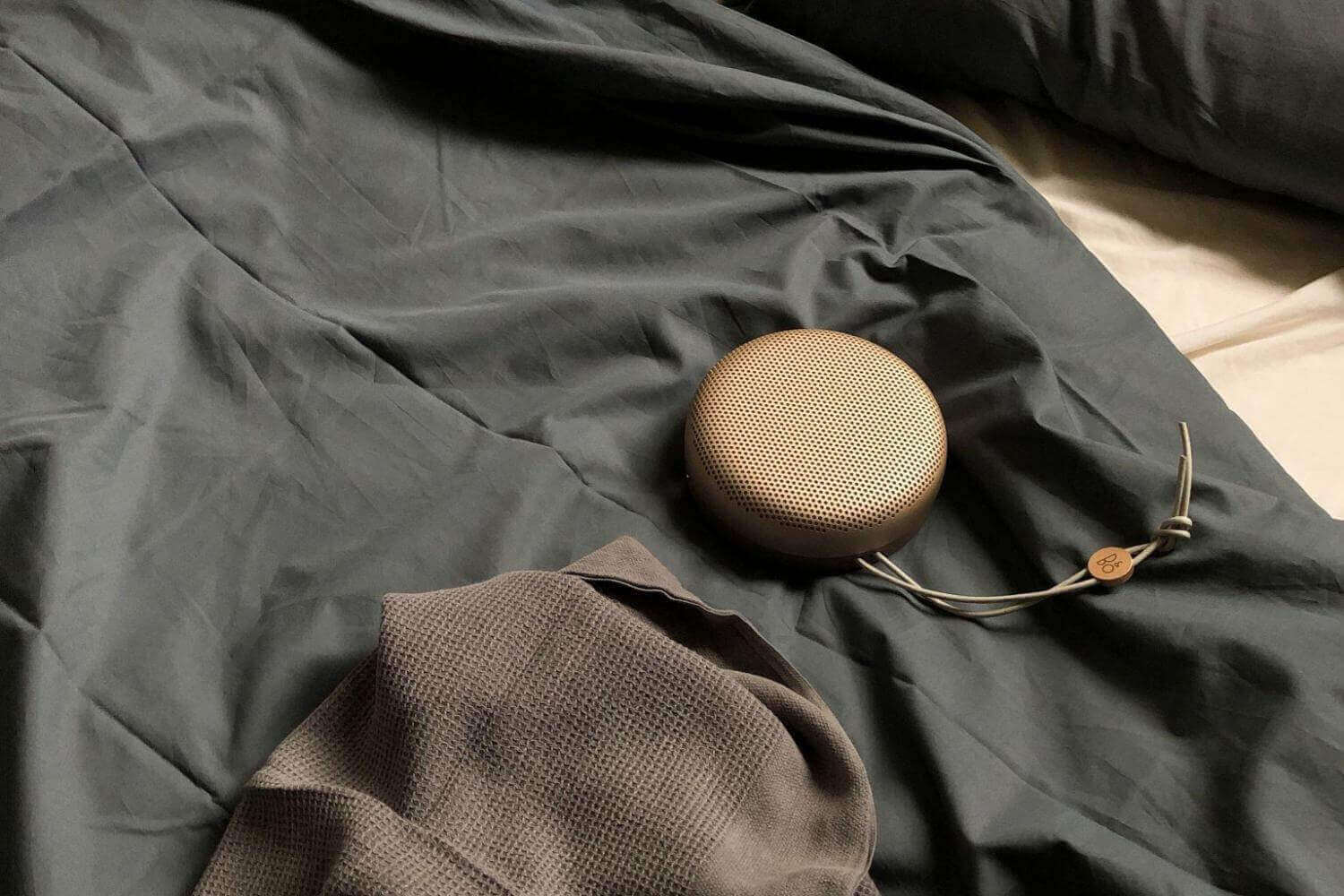

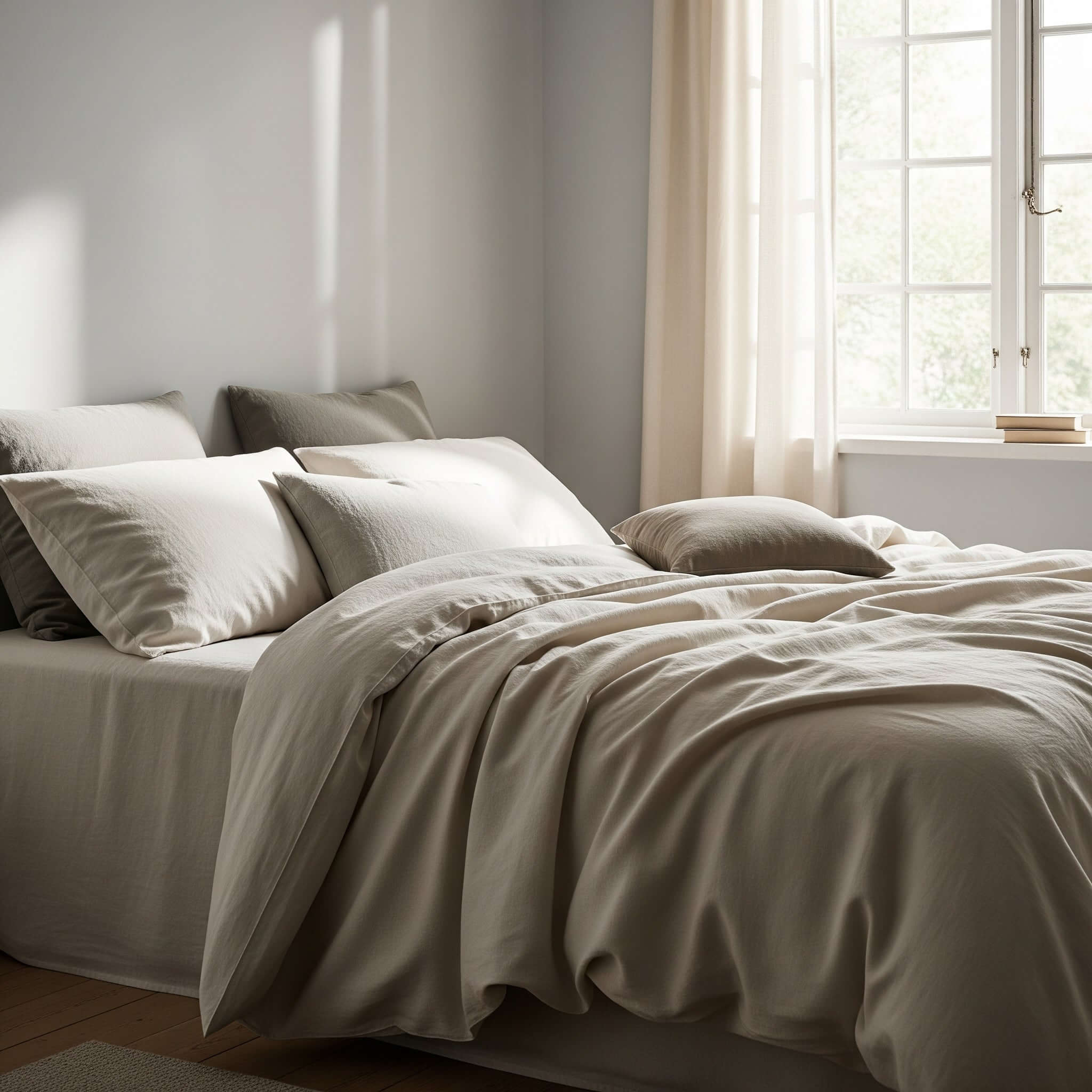
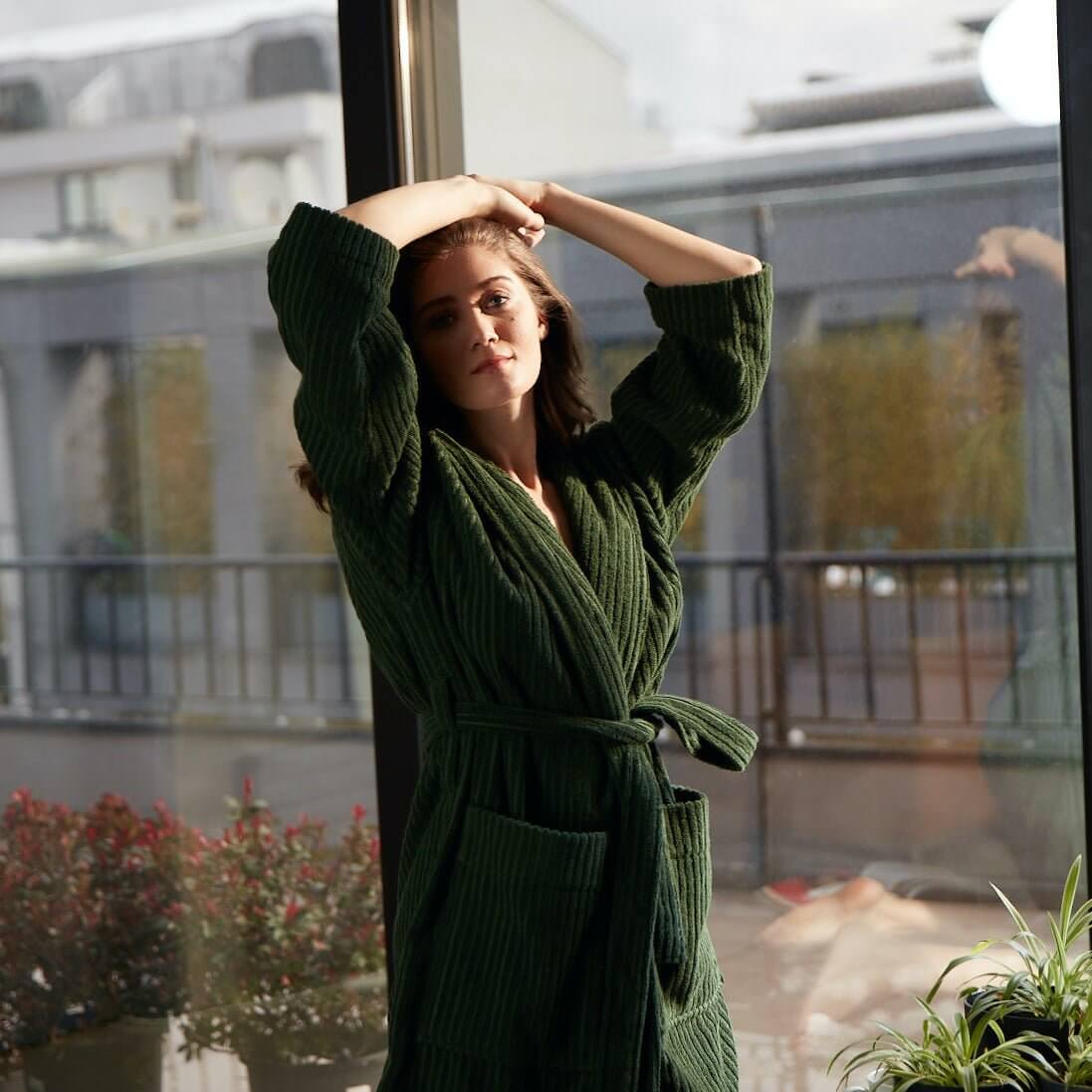
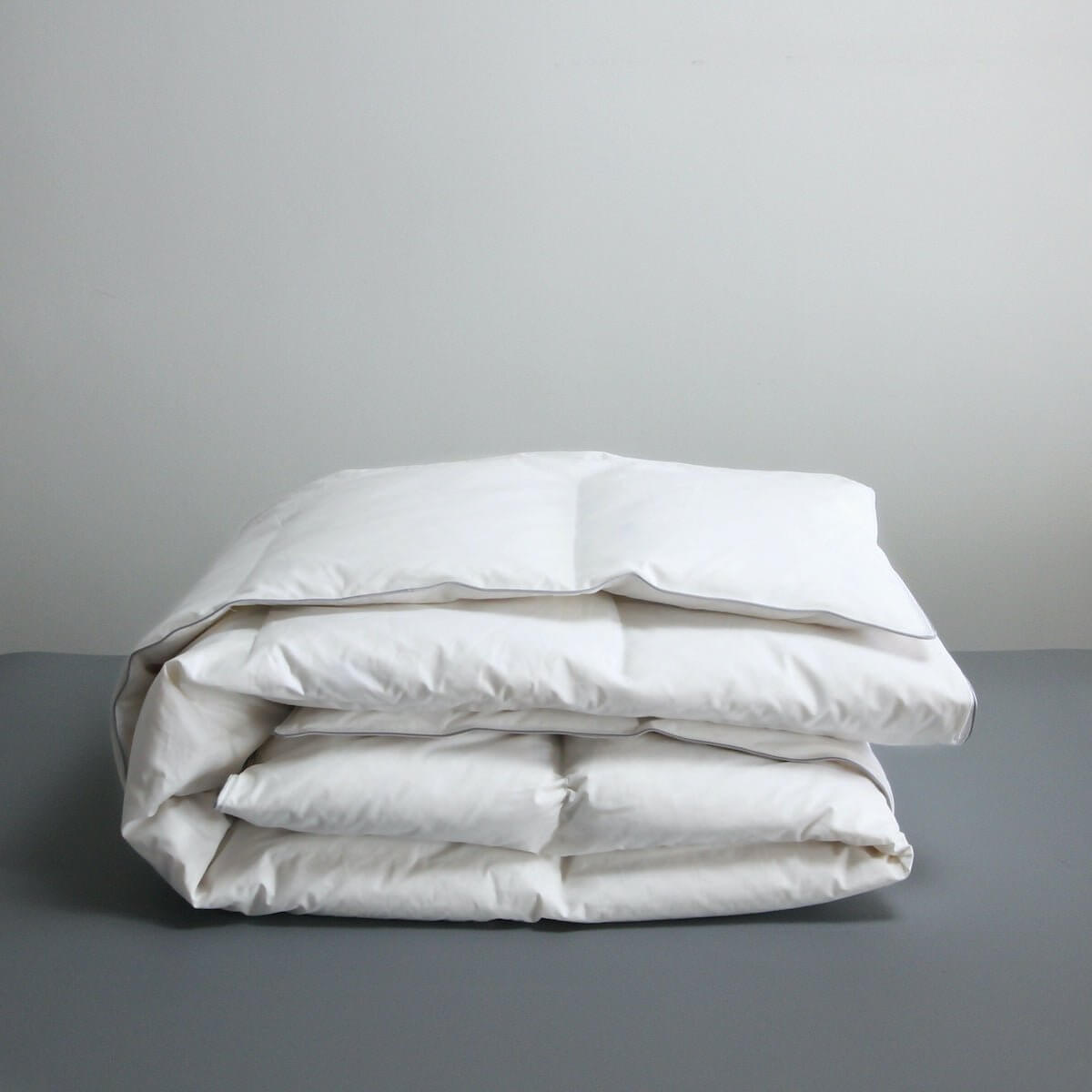
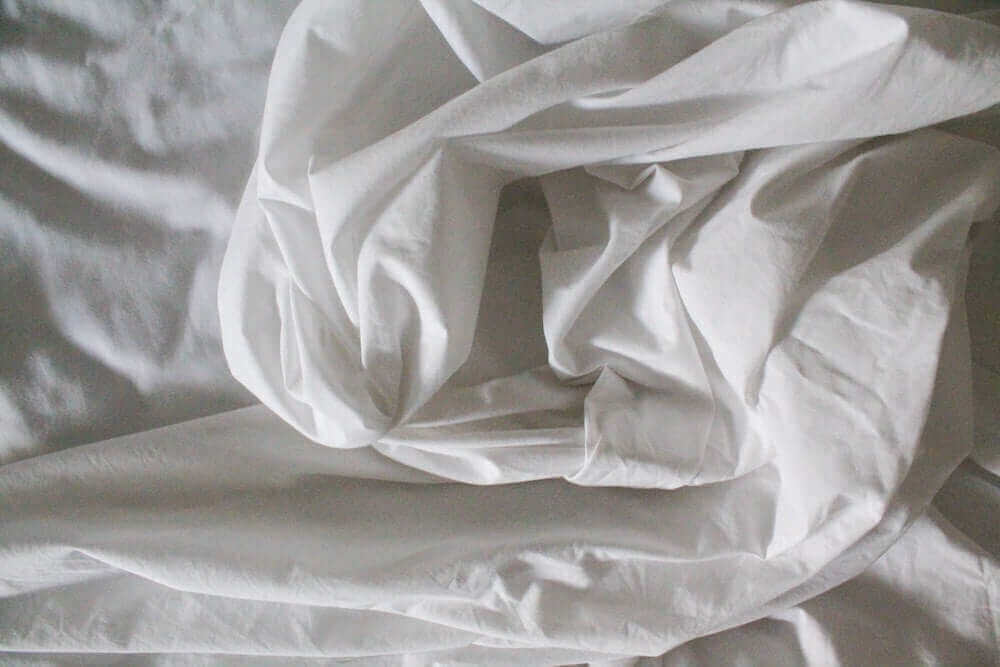
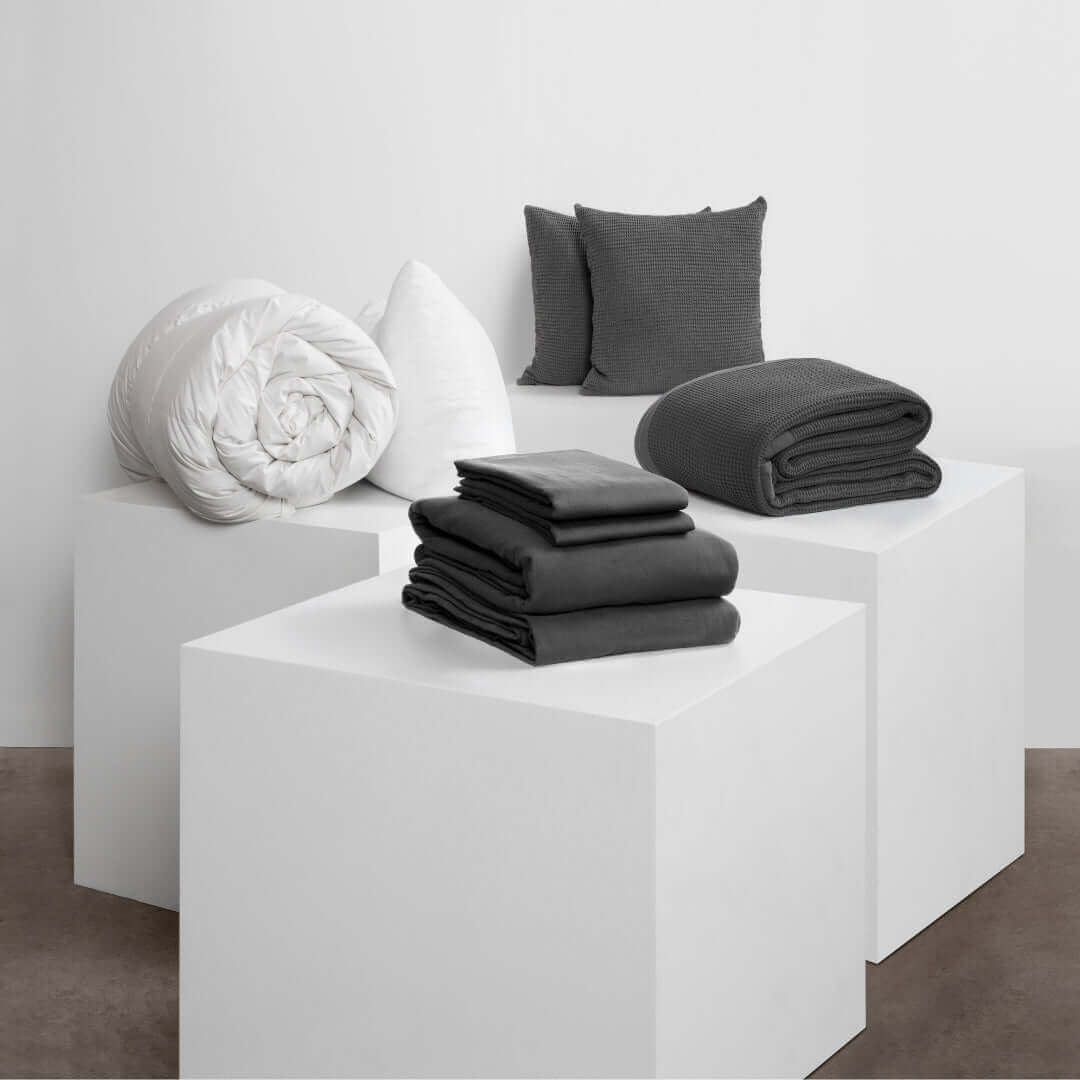
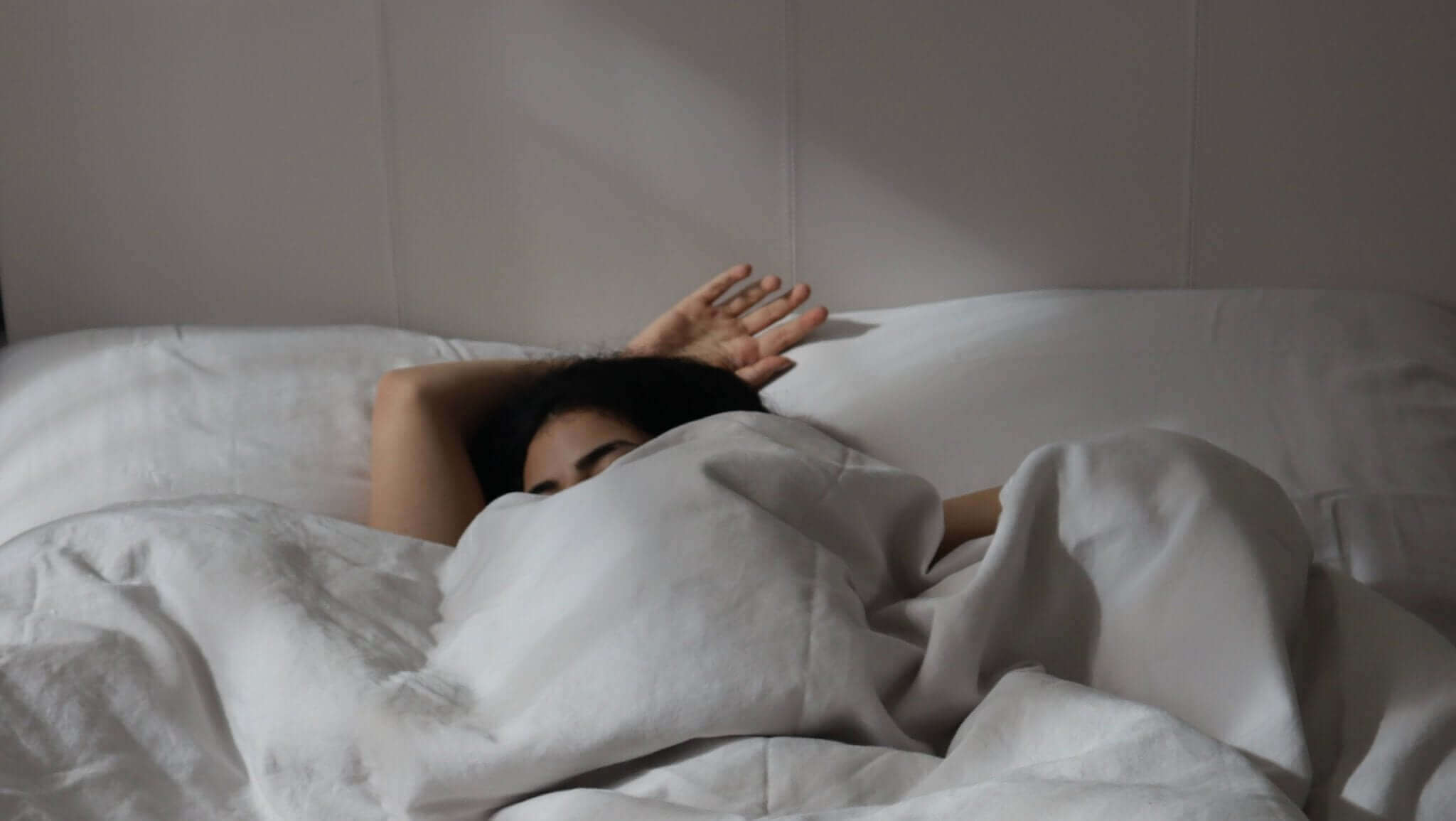
Share:
More Sleep Could Radically Improve Your Life
The Optimum Room Temperature for Quality Sleep